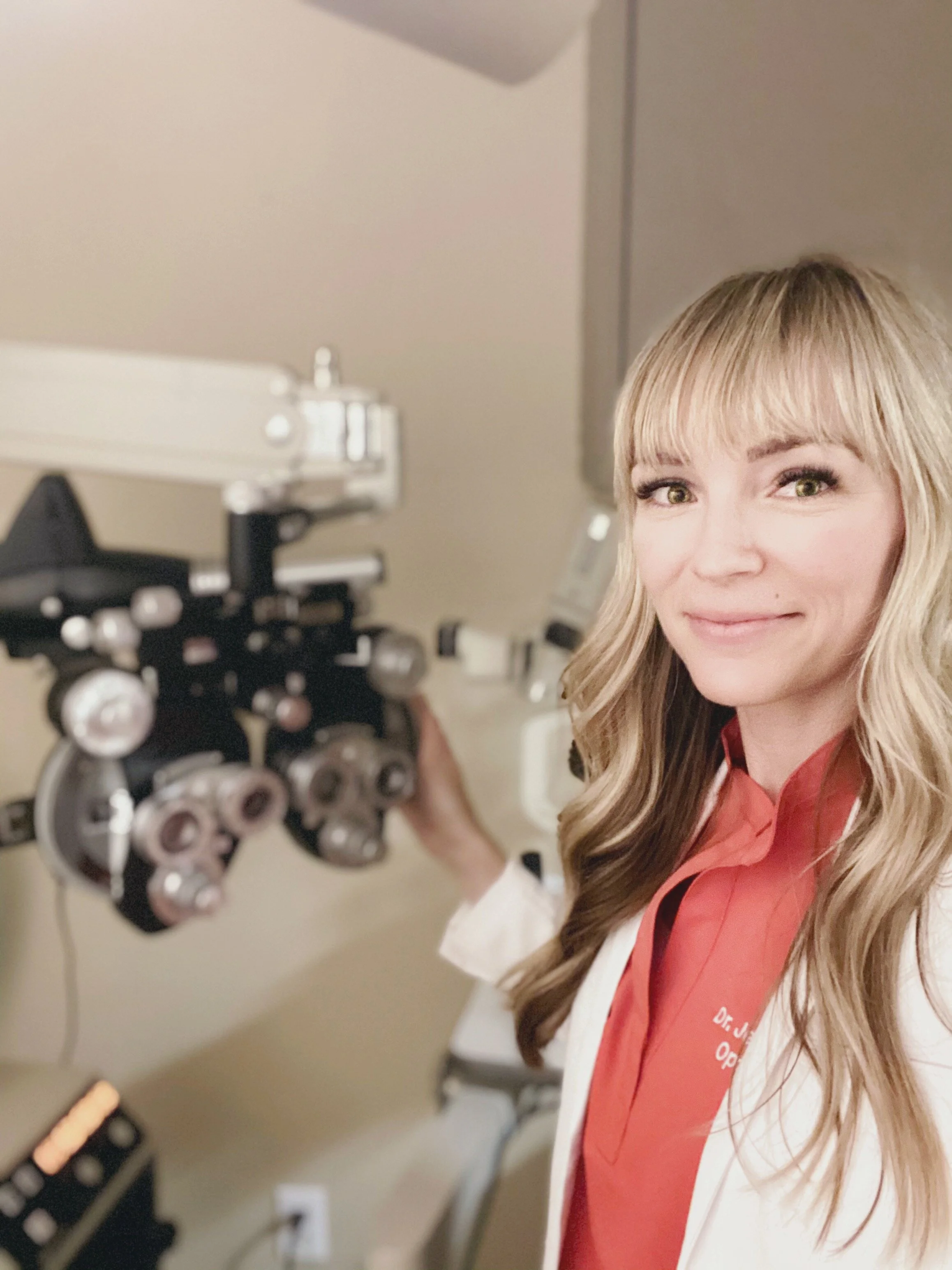3 reasons why you need an eye exam yearly
If you don’t need contacts or glasses, chances are you may be wondering why you need an eye exam every year. Seeing a clear 20/20 is just part of a comprehensive eye exam; the battery of screening tests check for a variety of conditions, while the eye health exam offers an extensive look inside and around some of the most important parts to your eyes. The comprehensive eye exam is necessary to ensure healthy eyes and vision. Here are 3 reasons why:
Family history. Some family traditions are welcomed into our lives while other family traditions can be very unwanted. When certain eye diseases present in our family history, it can increase the risk of developing the disease ourselves. In fact, family history can say a lot about our eye health; for example, a family history of glaucoma can translate to being 4 to 9 times more likely to develop the eye disease. And the types of hereditary eye diseases stretch from A to Z, encompassing around 350 different eye conditions. Aniridia, colorblindness, corneal dystrophies, glaucoma, keratoconus, night blindness and many more conditions can be passed down the family tree. Family history is an important piece of information about your eye health. It gives your optometrist insight into preventative steps to minimize your risk and manage your care to protect your sight in the short and longterm. When a patient presents in the exam room with a strong family history of glaucoma, it often means a careful review of particular screening, and exam results, in addition to further tests that offer a more in-dept analysis.
Overall systemic health. High blood pressure can damage the tiny blood vessels that supply blood to your eyes, causing vision loss. Auto-immune disorders can cause inflammation inside and around the eye, sensitivity to light, color vision loss, double vision and dry eye syndrome. Diabetes (diabetic retinopathy) is the most frequent cause of blindness in adults by permanently damaging the blood vessels in the back of the eye. These systemic conditions and others, can play a significant role in your eye health and potentially cause vision loss. And guess what? These conditions can often be detected at your comprehensive eye exam, before diagnosed by your primary care physician and before symptoms present. Your comprehensive eye exam involves a direct look at the blood vessels inside your eyes-no other place in the body allows for such a direct unaided view.
To monitor eye health. To put it plain and simple: you don’t know what is changing or not, if no one is looking. Is your eye pressures slowly elevating, which could indicate risks for glaucoma, or even a brain tumor? Is your vision changing because of your contact lens prescription or because you have an underlying corneal issue that could be detrimental to your vision? Or perhaps the eye redness you have self diagnosed as “just allergies”, is actually related to an underlying Thyroid problem. Not all eye conditions present with symptoms, meaning you may not know you have a problem because you don’t feel or see anything. Some of my most rewarding patient interactions have been patients who present to my office without any complaints with their vision, but something is found during their comprehensive eye exam and it can be treated in a timely manner to protect against vision loss.
Comprehensive eye exams allow for the opportunity for an extensive check-up that often connects overall systemic health and family history to eye health and vision. Scheduling your yearly eye exam means taking preventative steps to ensure minimal risk and optimal eye health in the short and longterm.
Stay Happy and Healthy!
Dr. Jen Wademan






